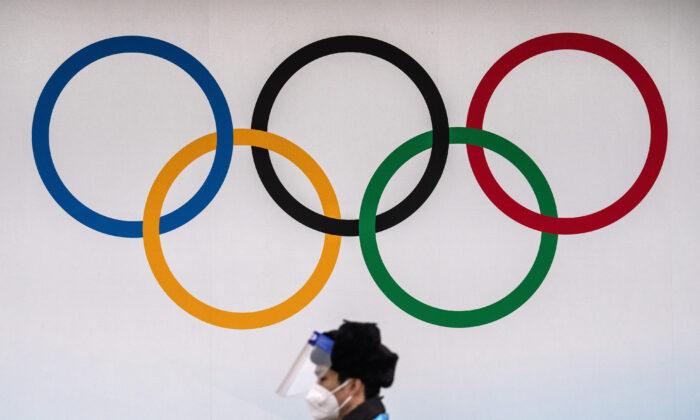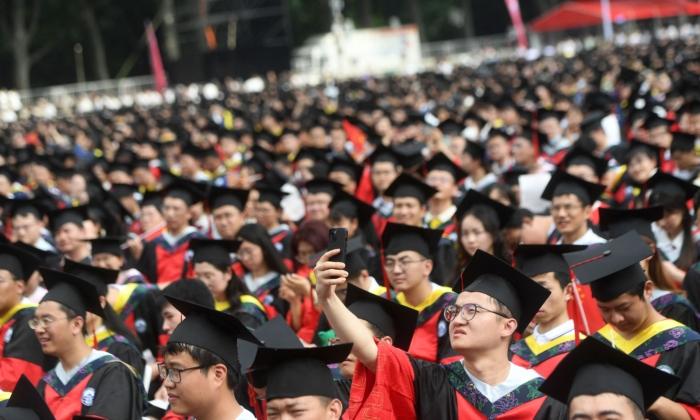The International Federation of Journalists (IFJ), the world’s largest federation of journalists’ unions, said in a new report that China uses a wide range of coercive means to control coverage of Chinese affairs by foreign journalists in China, and it could harm China’s own international image. The report, published when Beijing is hosting the 2022 Winter Olympics, points out that restrictions imposed by the regime on foreign journalists covering the Games underscore a sharp decline in media freedom in China over more than a decade.
The report is based on interviews the IFJ carried out in December 2021 with 19 current or recent China-based journalists from nine countries. The interviewees included journalists from print and broadcast media, with working experience in China ranging from a few years to decades. The report also drew on the Foreign Correspondents Association in China (FCCC) 2021 Media Freedom Report and its previous annual report based on a survey of its approximately 190 members.
“The research finds that China uses a wide range of coercive methods to control foreign journalists’ reporting,” says the report summary.
The report cites obstacles and restrictions faced by resident foreign journalists in China, that include: outright expulsions, plus threats that make journalists feel compelled to leave; denials and delays in the granting of visas; lawsuits alleging breaches of reporting protocols, such as identifying oneself as a journalist, which carry the risk of being refused an exit visa until the case is resolved; intimidation of sources; old-fashioned surveillance such as tailing, intrusive monitoring, and invasive official visits by security forces; digital surveillance using facial recognition cameras, GPS locators, and data harvesting from social media accounts; reports on state-run media and trolling on social media which can incite physical harassment of foreign reporters, including death threats; provocation by “wolf warrior” diplomats abroad who stir up retaliation against resident foreign journalists; and targeting of foreign journalists of Chinese heritage, accusing them of being “race traitors.”
Citing a local source, the report said that local Chinese would be imprisoned if the international media reported anything they said.
In addition to restrictions on reporting and visas, the IFJ report said that foreign journalists often face threats to their personal safety. The report cited the case of two Australian journalists in China who had to flee for fear of being detained.
As Beijing hosts the Winter Olympics, journalists are confined to a “closed-loop management system” that prohibits any contact with “the real China” from the moment they arrive in the country until they leave, the report said. The report pointed out that while concerns about the COVID-19 pandemic are understandable, the restrictions show a sharp decline in media freedom in China over more than a decade.
On Feb. 5, a Dutch journalist dragged away by Chinese guards while live reporting on the Games is the most recent example of what the IFJ report says about communist China’s press freedom. “This is increasingly the daily reality for journalists in China,” the Dutch media posted on its twitter account.




